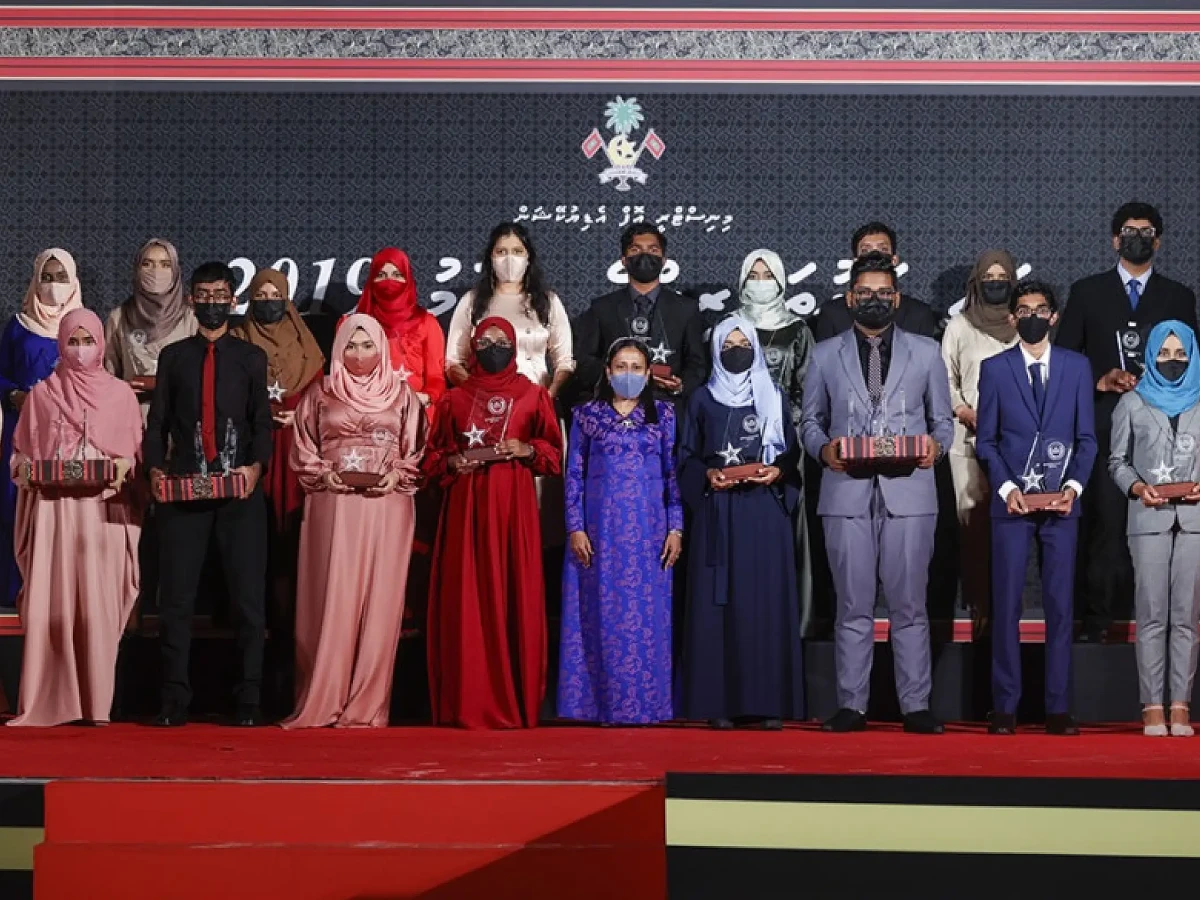
Study finds most scholarship recipients not enrolled in top-ranked universities
Only one student awarded a presidential scholarship in 2023 is attending a university ranked in the global top 10.
Top Stories
-
MP Mauroof released from custody, receiving hospital treatment
-
House floor sinks in Malé during nearby construction work
-
PNF to hold special rally at Artificial Beach on Wednesday
-
MDP MP says Mauroof arrest may breach parliamentary privileges
-
Complaint filed with JSC over judge’s remarks on defence lawyer
A recent study has found that the majority of students receiving presidential scholarships and high achiever awards from the Maldives are enrolled in universities that are not ranked among the top global institutions.
The study was conducted by the Institute of Global Success (IGS) in collaboration with admissions experts from Oxford and Cambridge universities. It analysed data from students who began studying with scholarships in 2022, examining the institutions they are attending and their global rankings, along with the opportunities those students may have had at more highly ranked universities.
Key findings include:
-
Only one student awarded a presidential scholarship in 2023 is attending a university ranked in the global top 10. The student is enrolled in a piloting programme.
-
Four students are enrolled in universities ranked between 11 and 30 globally.
-
Four students are studying in universities outside the top 100.
-
Some students are studying in countries considered not ideal for their academic or professional development.
The study also revealed that Malaysia is the second most popular destination for scholarship students, after the United Kingdom.
Among students who received the High Achievement Award, the study found:
-
None are enrolled in universities ranked within the global top 20.
-
Four students are studying in universities ranked in the top 50.
-
Thirty-nine students are studying in universities not ranked in the top 100.
-
Eleven students are attending institutions not ranked at all.
According to the study, some of the highest-performing students from the Maldives are attending institutions with lower rankings than their academic profiles may warrant.
Mohamed Riffath, Chairman and CEO of IGS, said the trend has remained consistent over the past three years. He announced plans to introduce a new initiative with Oxbridge admissions experts aimed at improving access to highly ranked universities.
Riffath suggested that government policies could be adjusted to address the issue, including:
-
Revising the criteria for rewarding top students who pursue higher education abroad.
-
Introducing requirements for scholarship recipients to attend universities of a certain ranking.
-
Offering additional coaching and support for students applying to competitive institutions.
He noted that systemic changes would be needed to help students reach institutions aligned with their academic potential.




